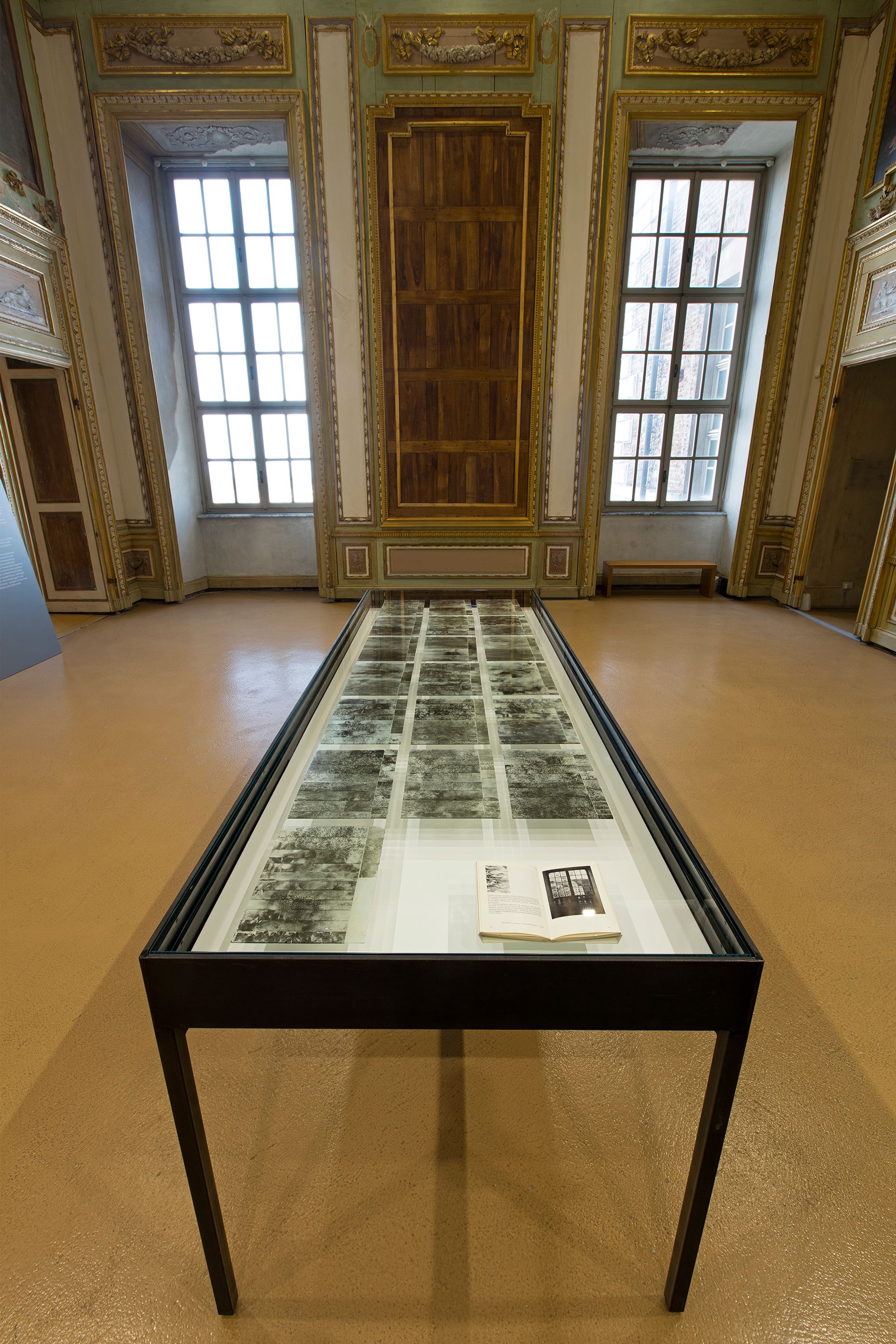The Arte Povera sculptor Giuseppe Penone has donated more than 200 works on paper to the Castello di Rivoli contemporary art centre located in Italy's northwest region of Piedmont where he was born.
The trove of autographed work notes, handwritten reflections, design sketches, architectural renderings and photographs throw light on works sited in the region such as Alpi Marittime (Maritime Alps, 1968), a series of experimental pieces centred on saplings and streams around Garessio, the Piedmontese village of Penone’s childhood.
Other works link to major pieces such as In Limine (Threshold, 2008), a marble, bronze and ivy sculpture made for the entrance of GAM-Galleria Civica d’Arte Moderna e Contemporanea in Turin, and Il Giardino delle sculture fluide (The Garden of the Fluid Sculptures, 2003-07), a garden designed by the artist in the grounds of the Parco Basso in the Venaria Reale royal palace.
Last June, the Philadelphia Museum of Art and the Centre Pompidou in Paris were each presented with a major gift of works on paper from Penone; Philadelphia received 309 works on paper and five limited edition artist books while the Centre Pompidou was given 350 works on paper.
In 2022, the three institutions aim to organise exhibitions focused on the donated materials. The Castello di Rivoli will publish an accompanying book documenting all the drawings relating to Penone’s outdoor public works.

An installation view of Penone's Svolgere la propria pelle – finestra (1970-2019) at Castello di Rivoli Photo: © Antonio Maniscalco
Penone has also donated a version of Svolgere la propria pelle – finestra (To Unravel One’s Skin – Window 1970-2019) to Castello di Rivoli. The piece comprises 19 of the artist’s footprints photographed on film and pasted on the glass panels of the Fridericianum in Kassel in 1972. The installation will be permanently set up in the museum’s Manica Lunga wing.
“The materials donated by Giuseppe Penone represent an unprecedented opportunity to study the artist’s practice,” says Andrea Viliani, the head of the Castello di Rivoli Research Institute, a new department at the museum focusing on collecting and preserving archive materials from the Italian art world, particularly post the 1960s.
“They will be made available to scholars from all over the world, contributing to the dissemination of the knowledge of the artist’s work, in the context of research and poetics relating in various ways to Arte Povera, for which Castello di Rivoli is an institution of reference at an international level.”


